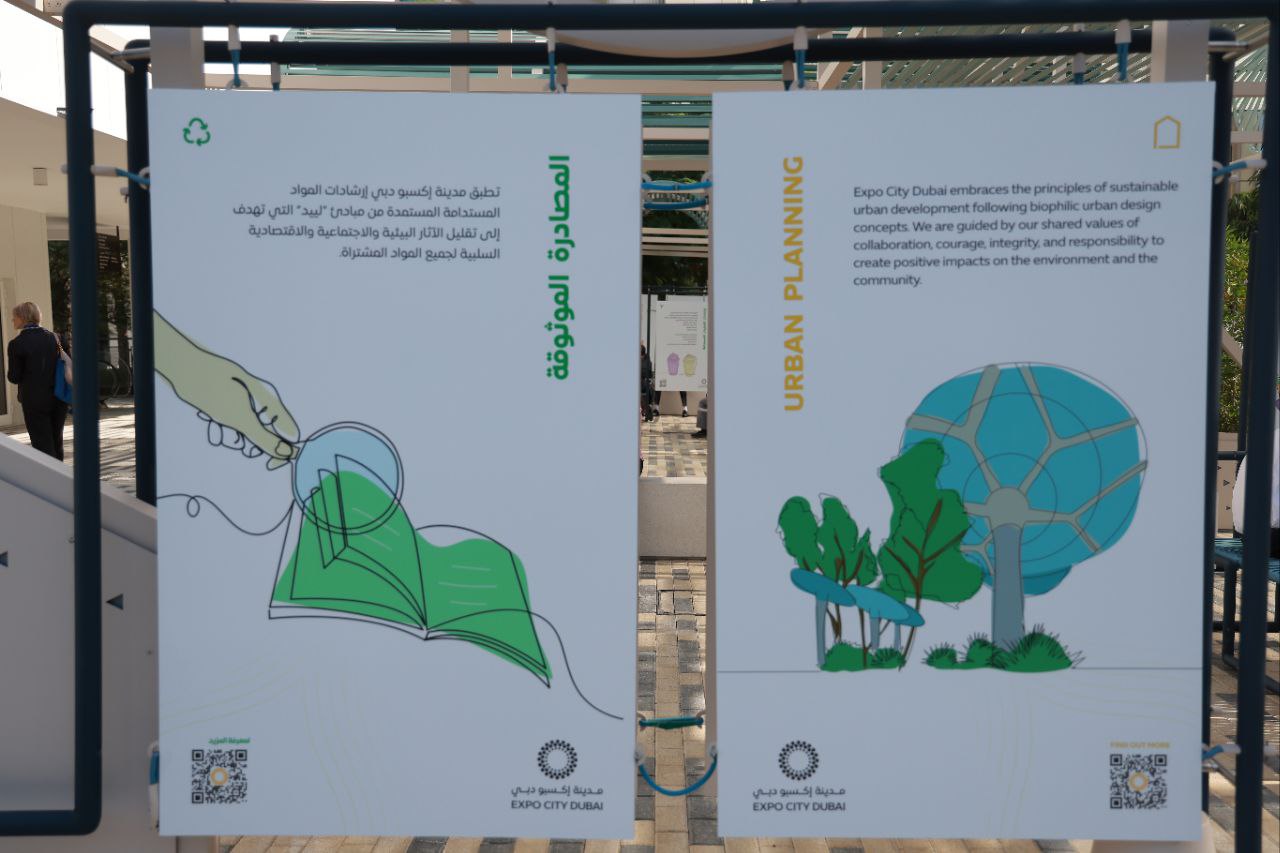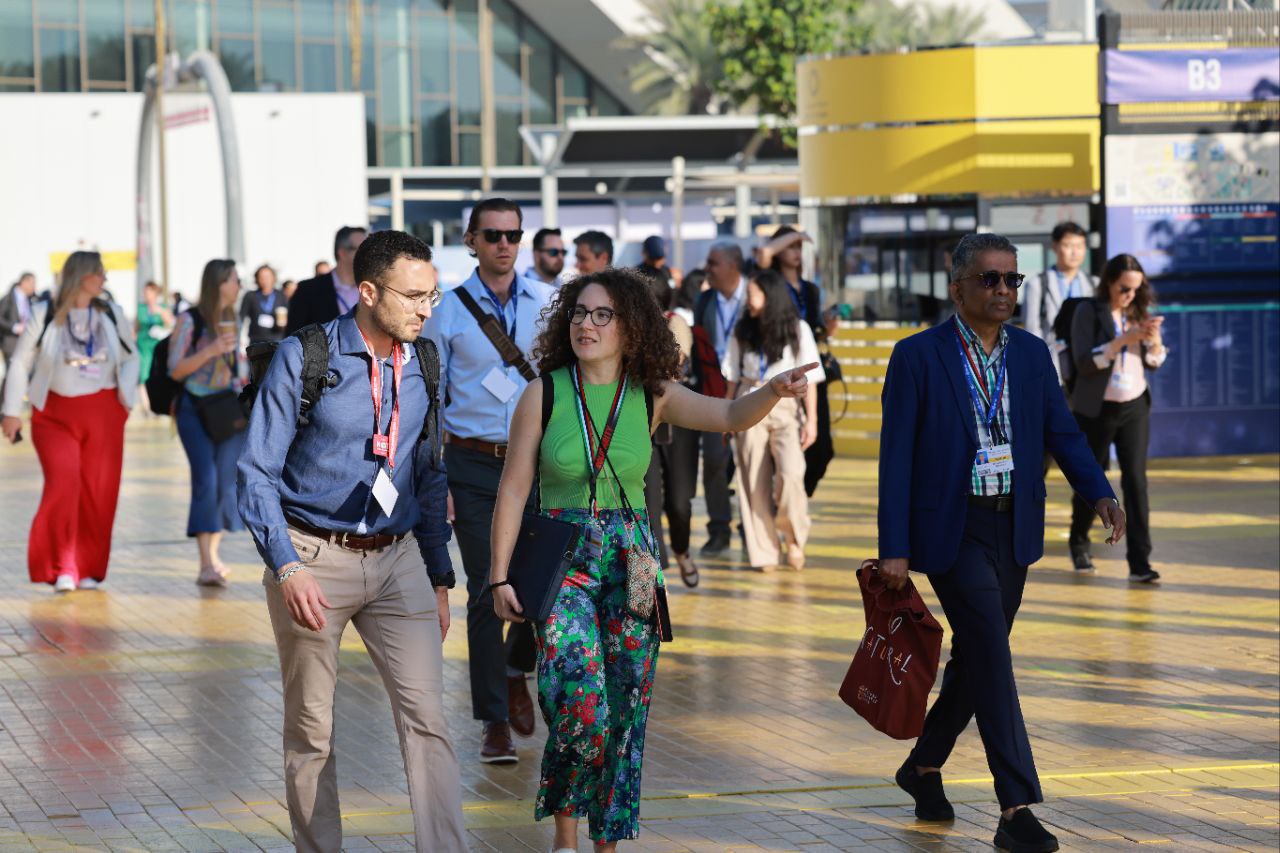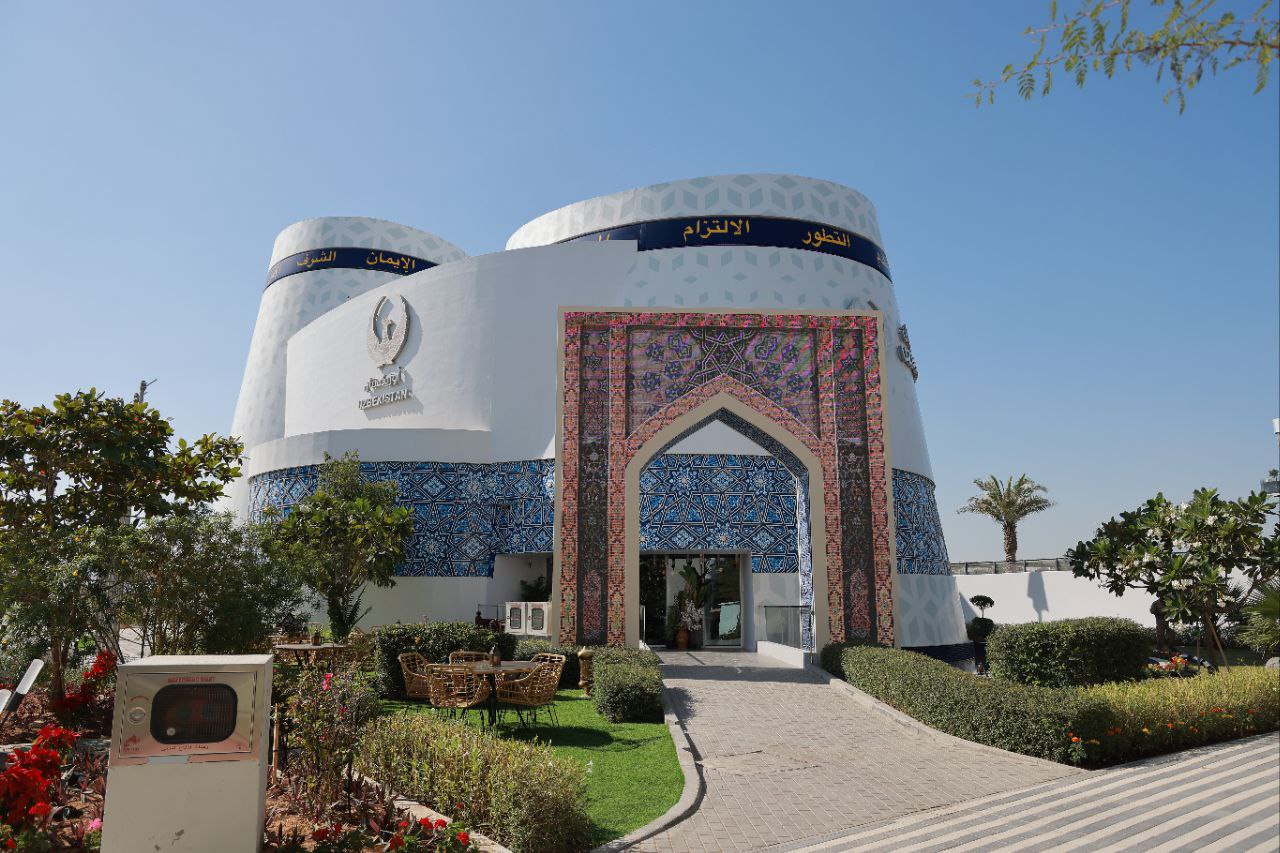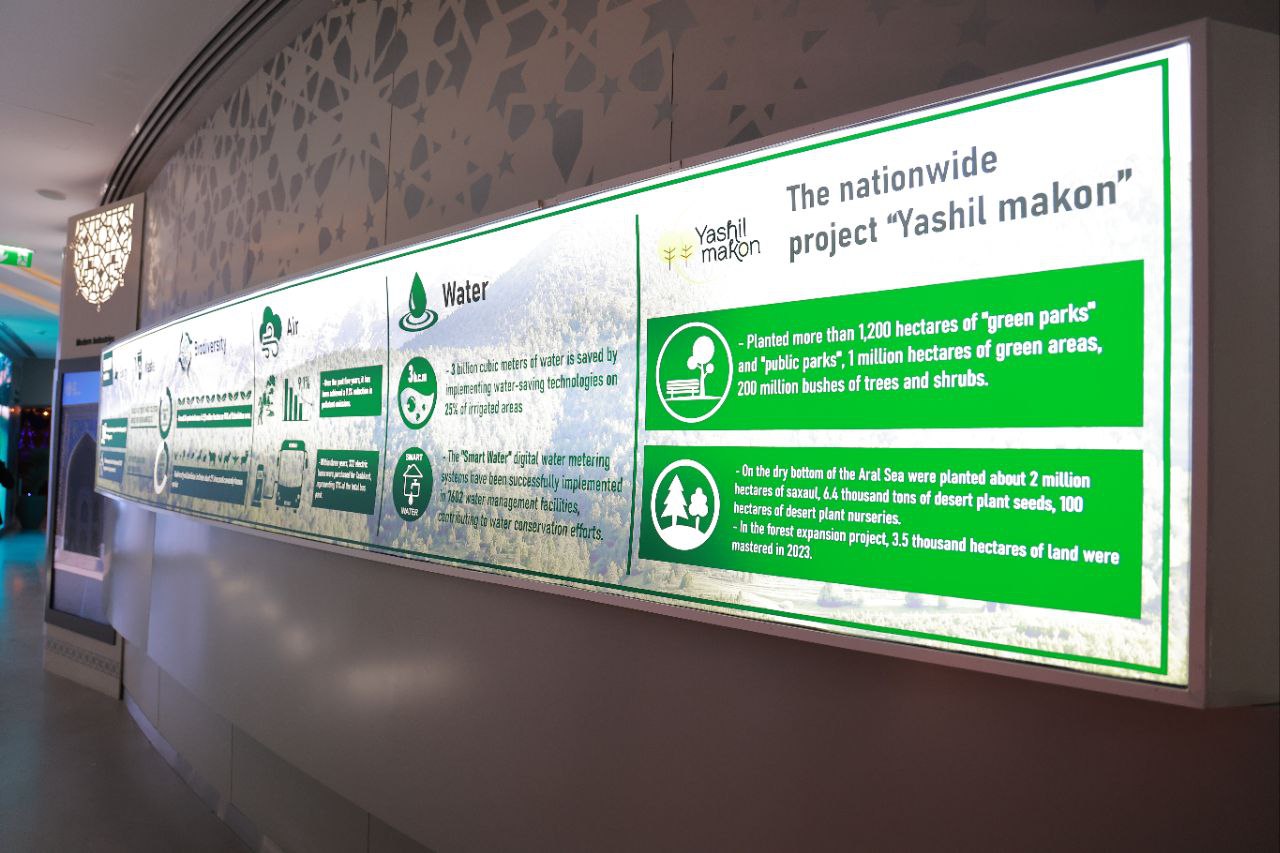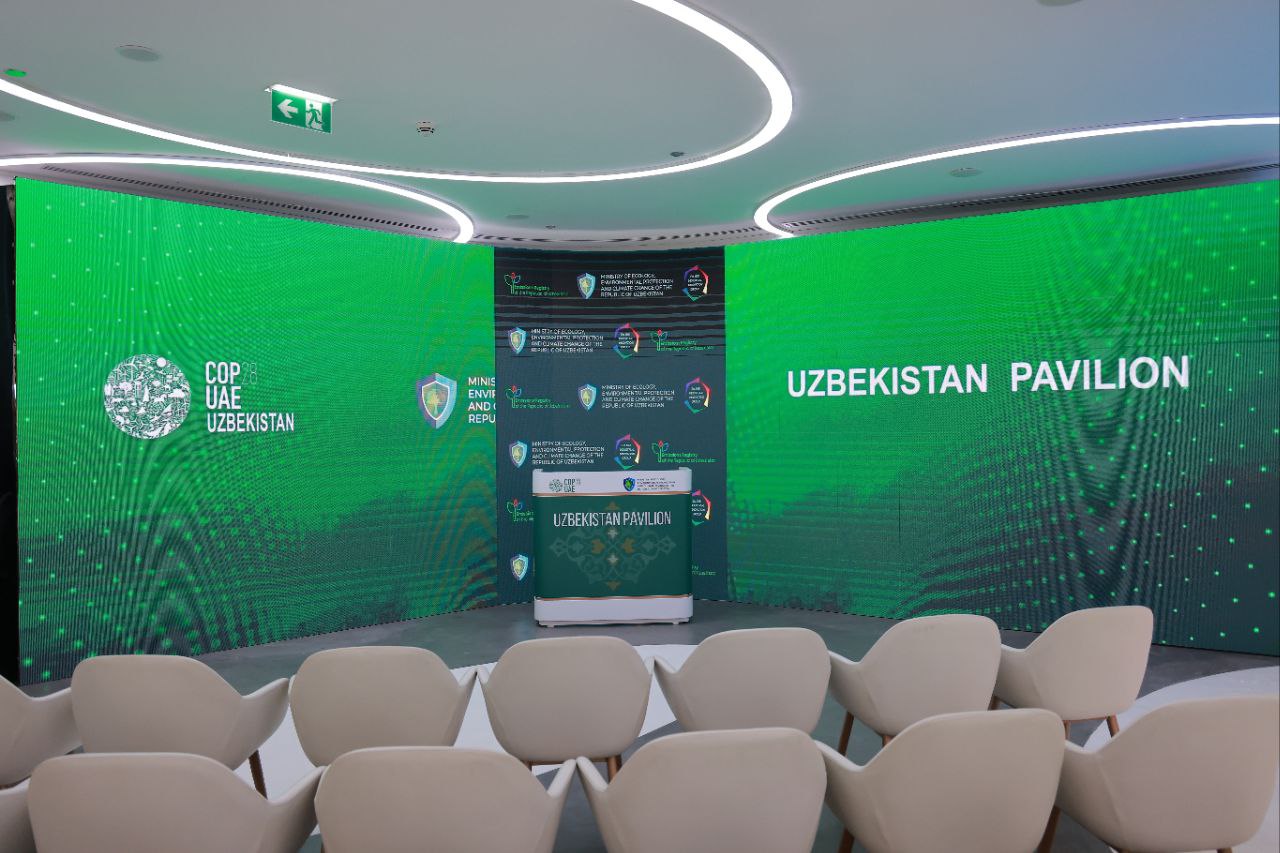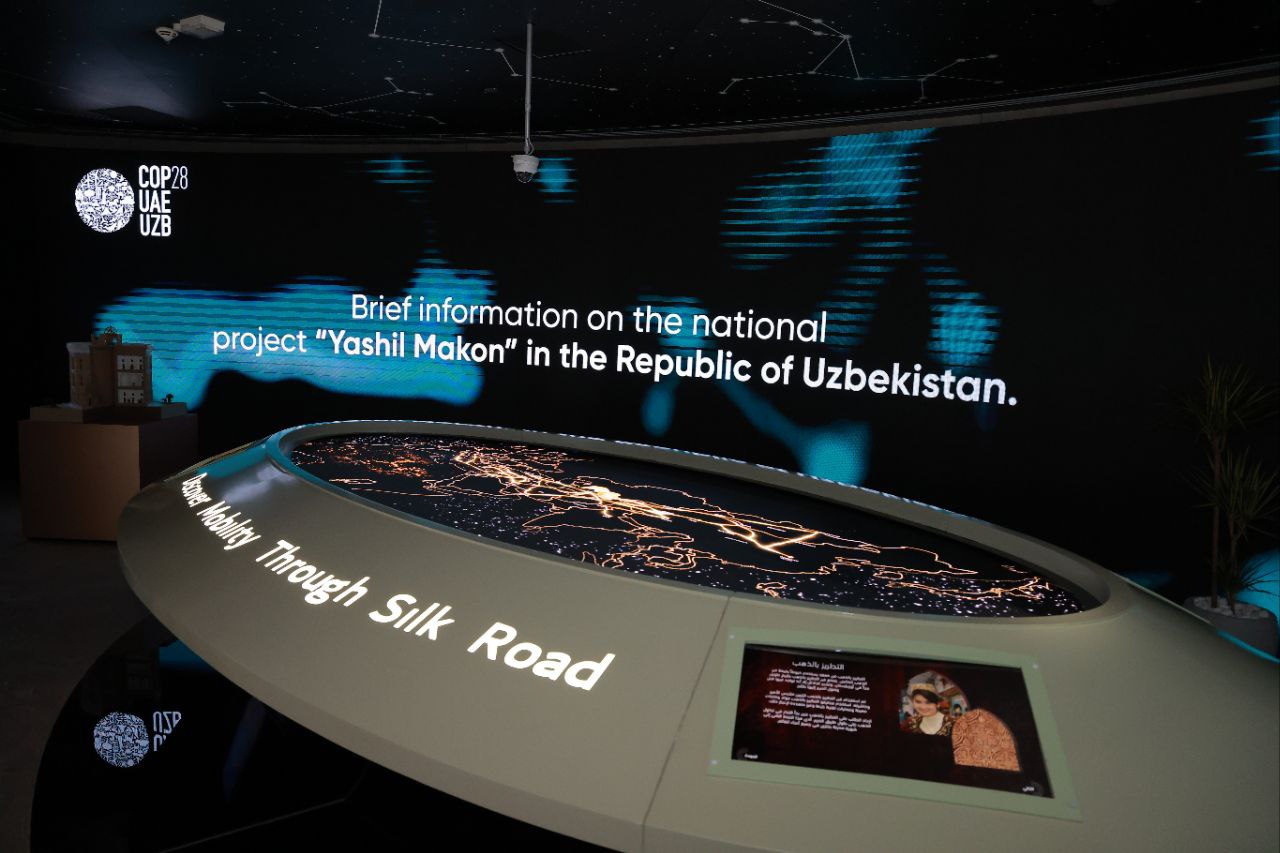
On November 30th, the 28th United Nations Climate Change Conference (COP28) began its work in Dubai, UAE. The large-scale event involves the participation of 70,000 people from 200 countries, including heads of states, representatives of diplomatic corps, government officials, entrepreneurs, experts, scientists, eco-activists, media, and others.
Within the conference, Uzbekistan actively participates alongside neighboring countries in the global climate agenda, including addressing climate change issues in Central Asia.
For reference, COP (Conference of the Parties) is the highest decision-making body for the implementation of the provisions of the United Nations Framework Convention on Climate Change (UNFCCC), the Kyoto Protocol (KP), and the Paris Agreement (PA). Uzbekistan signed the UNFCCC in 1993, the Kyoto Protocol on November 20, 1998, and the Paris Agreement on April 19, 2017.
The 28th annual Conference of the Parties aims to achieve ambitious results in limiting global warming to no more than 1.5 degrees Celsius above pre-industrial levels, increasing financing for climate change programs in developing countries, and enhancing climate adaptation investments.
It is expected that this international event will strengthen the voice and position of the Central Asian region. Uzbekistan aligns with the COP-28 objective in the UAE to accelerate inclusive action against climate change, and the country is ready to play its role in strengthening multilateral relations and ensuring the success of the conference.
The conference will include sessions of the Subsidiary Body for Scientific and Technological Advice (SBSTA) and the Subsidiary Body for Implementation (SBI) for consultation on scientific and technical aspects. Additionally, special negotiating groups may be convened if necessary.
Considering that Central Asia is already experiencing significant climate-related negative impacts due to the drying of the Aral Sea and other environmental issues, regional cooperation on climate change and environmental degradation is of great importance.
Uzbekistan is represented at COP28 as part of the unified Central Asian pavilion, together with four other countries, presenting joint efforts under the slogan "One Region, One Voice."
The Republic is represented in the blue and green zones of the Central Asian national pavilion. It is noteworthy that Uzbekistan has been invited for the first time to present its achievements in the field of "green" education at the meetings of the UNESCO Global Partnership for Environmental Education (GPE).
It is worth noting that Uzbekistan is actively working on decarbonization and reducing greenhouse gas emissions, especially CO2. Climate adaptation and decarbonization in Uzbekistan are important steps towards achieving sustainable development goals and improving the quality of life.
Sustainable urban development is a serious global issue today and will also be in the spotlight at COP28. In the processes of urbanization, it is important to consider that "green" spaces are vital for human health and the environment. At the same time, Uzbekistan is actively working on improving sustainable urban management through initiatives such as the national project "Yashil Makon" ("Green Area").
At the recent 21st session of the United Nations Convention to Combat Desertification (CRIC21) held in Samarkand, issues of land degradation and combating sand and dust storms (SDS) were discussed. Uzbekistan pays special attention to these issues at the current COP28 event.
In conclusion, it is worth noting that the cultural and historical connections between the Middle East, North Africa, and Central Asia have deep roots. At the same time, geographical proximity and shared environmental problems significantly influence these connections, which need to be addressed through continuous strengthening of international cooperation.
